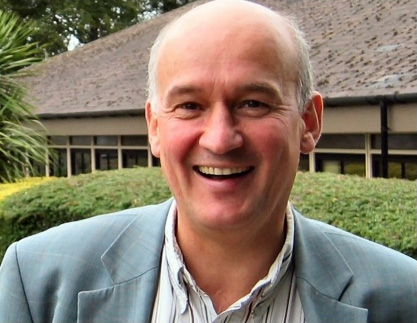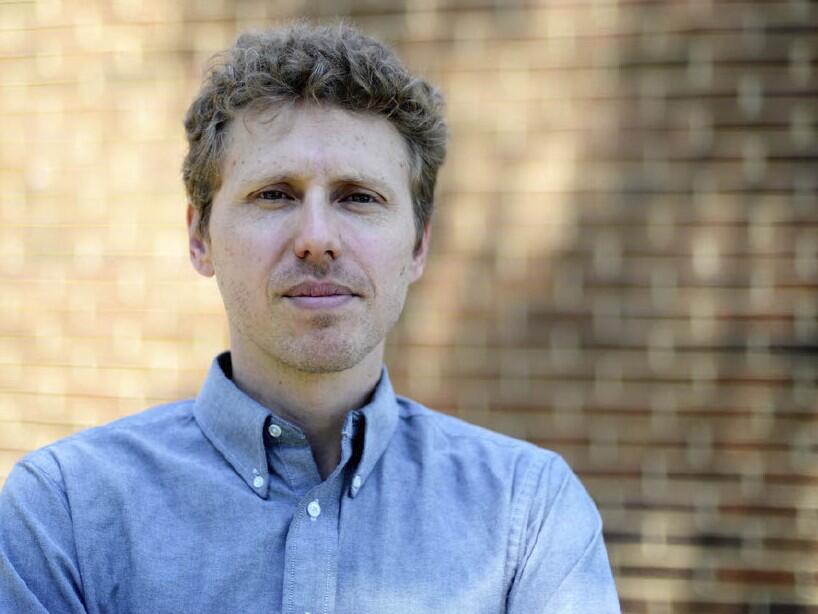
A widely-touted 2019 study in Nature which argued that large societies gave rise to belief in fire-and-brimstone gods — and not the other way around — has been retracted by the authors after their reanalysis of the data in the wake of criticism diluted the strength of their conclusions.
The article, “Complex societies precede moralizing gods throughout world history,” came from a group of scholars in the United Kingdom, the United States and elsewhere, and was led by Harvey Whitehouse, an anthropologist and the the director of the Centre for the Study of Social Cohesion at the University of Oxford.
The study prompted a significant amount of interest on social media and in the global press, according to Altmetric, with articles in Scientific American, Yahoo! News, PBS, El Pais and many other publications worldwide. As Scientific American put it, Whitehouse’s group found that the advent of moralizing gods did not lead to the formation of complex societies. Rather:
Continue reading Critique topples Nature paper on belief in gods





